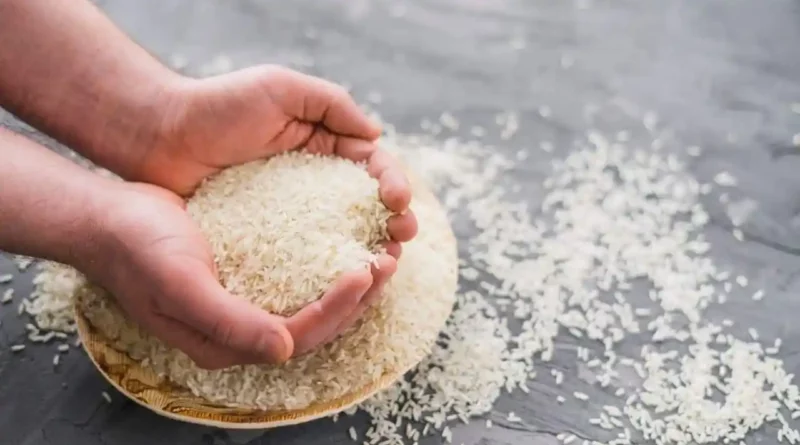On Maldives’ request, India clears export of food items including rice, wheat
By Rezaul H Laskar
The Indian government has cleared the supply of several essential commodities to the Maldives, including items such as rice, wheat and onions whose exports are currently banned, amid a downturn in relations between the two sides.
The government allowed the export of these commodities for 2024-25 under a bilateral mechanism at the request of the Maldivian government, the Indian high commission in Male said in a statement on Friday. The approved quantities are also the highest since the mechanism was put in place in 1981.
The clearance for the exports comes at a time when ties between India and the Maldives are at a low, especially after the election last year of President Mohamed Muizzu, who has sought to end the Indian archipelago’s dependence on India in strategic sectors. Muizzu has also moved the Maldives closer to China.
“The quota for river sand and stone aggregates, crucial items for the booming construction industry in the Maldives, have been increased by 25% to 1,000 MT. There has also been an increase of 5% in the quotas for eggs, potatoes, onions, sugar, rice, wheat flour and dal (pulses),” the statement said.
India banned wheat exports in May 2022 and non-basmati rice exports in July 2023 to cater to domestic requirements. The government also banned the export of onions for about four months last December. However, India has supplied rice, wheat and onions to countries in the neighbourhood, such as Bangladesh, and key partners, such as the United Arab Emirates (UAE) and Indonesia, on a case-to-case basis.
The statement noted that India continued supplying rice, sugar and onions to the Maldives last year despite a ban on exporting these items. “India remains strongly committed to supporting human-centric development in the Maldives, as part of its ‘Neighbourhood First’ policy,” it said.
According to an official notification, India will supply one million tonnes each of river sand and stone aggregates to the Maldives during 2024-25. It will supply 35,749 tonnes of onions, 124,218 tonnes of rice, 109,162 tonnes of wheat and 64,494 tonnes of sugar during this period.
These exports will be exempted from “any existing or future restriction/prohibition during 2024-25”.
Without naming India, Muizzu has repeatedly said in recent weeks that he intends to reduce the Maldives’ dependence on any one country for food security.
In keeping with a demand by Muizzu, India has also begun replacing some 80 military personnel deployed in the Maldives to operate three aircraft with civilian personnel. The aircraft are mainly used for humanitarian assistance operations and medical evacuations.
Apart from finalising arrangements with Sri Lanka for medical evacuation services, Muizzu’s government signed an agreement with Turkiye to supply food items such as flour. The Maldives also inked a pact with Turkiye for drones to be used for maritime surveillance, and another with China for supplying non-lethal military equipment and training.
Muizzu has also announced the Maldives will begin directly importing medicines from European pharmaceutical companies. In recent decades, Maldives has largely depended on India for food items and medicines.
This article has been republished from The Hindustan Times.

